Ding Liren in Hamburg
To the surprise of everyone he won the 2023 World Championship in Astana, but then disappeared from public view. Ding Liren played just a very few games – until the Tata Steel tournament in Wijk ann Zee. There he did not do well at all. We invited him, like so many others, to come to Hamburg to do a refresher course in the use of the ChessBase software, which he did. Frederic Friedel reports. Photos ©Nils Rohde/ChessBase
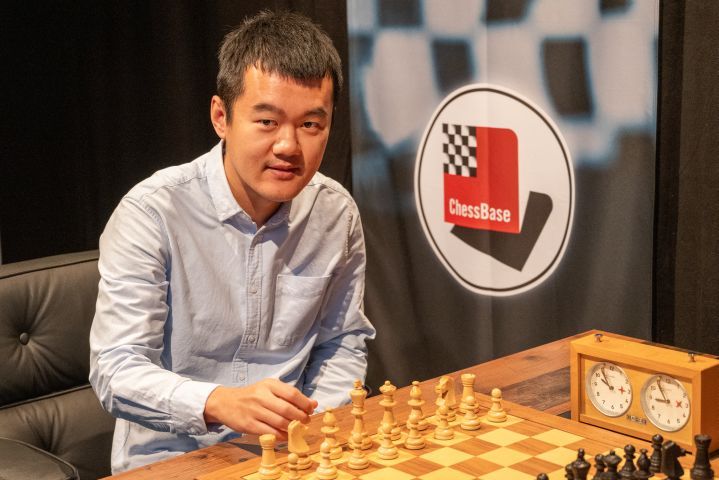
I first met Ding Liren a decade ago in Biel, Switzerland. He was a 21-year-old grandmaster from China, rated 2714, and had a performed well in the tournament: +3 -2 =5 for a total of 11 points, tying for first place with Maxime Vachier-Lagrave and Alexander Moiseenko. Here's a picture of him at the time:
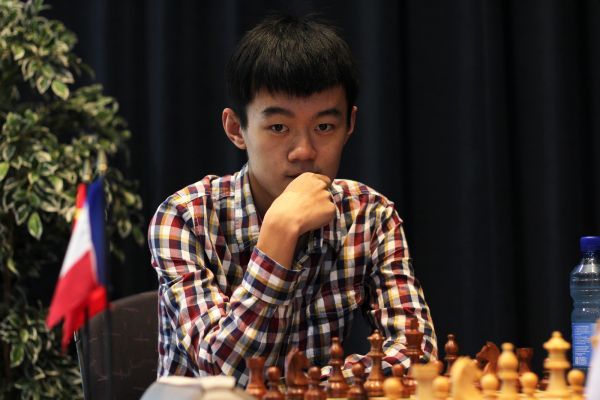
During the World Championship match 2023 in Astana I was in constant touch with Liren – in the form of short encouraging emails. In one, I sent him this picture and asked him to guess where it was taken. The reply came immediately: Biel 2013. I think he must have recognised the shirt.
An aside: unlike most others, I call him "Liren". That is his first name. It is what his friends and relatives call him. Ding, written in just two strokes (丁), translates to ‘male adult’ or ‘population’ in Chinese. It is a surname shared by millions – including Ding Junhui, the most successful Asian snooker player in the history of the sport.
After winning the gruelling 18-game match against Ian Nepomniachtchi, Liren disappeared from public view. He played very few games and was rarely seen in public. I started to worry, and a couple of months ago I wrote him an email:
"Liren, I want to make the following proposal: on your next visit to Europe you stop over for a few days in Hamburg. We will go to the ChessBase office and you sit down with the programmers of our software. You show them how you work, how you prepare for important tournament games, how you conduct your general chess studies.
There are two possibilities. They may say: wow, he's a power user and does everything right! In that case you'll have wasted a few hours (but made new friends in the process).
The second possibility is much more likely. They will keep telling you how you can do everything faster and better, and in fact show you things you did not know were possible. In that case you will start using your preparation and study time much more efficiently.
I have done the above for a number of players who are now all in the top 20 bracket (e.g. Gukesh, Pragg, Vidit, etc., and before them Kasparov, Kramnik and Anand, etc.). In every case it was the second possibility that turned out to be true.
Please think about it. Hope to see you in Hamburg soon."
Come he did, on his way to the super-tournament in Weissenhaus. And a very pleasant visit it was. We started with a long private dinner during which I could press him to tell me what had happened to him after he won the title. He was quite open and told me everything. Much was quite personal, and naturally I cannot reveal any details here – except perhaps that he has great trouble sleeping and has to take medication for that.
On the second day I took Liren to the ChessBase office and locked him into a room with one of our main programmers, Mathias Feist.
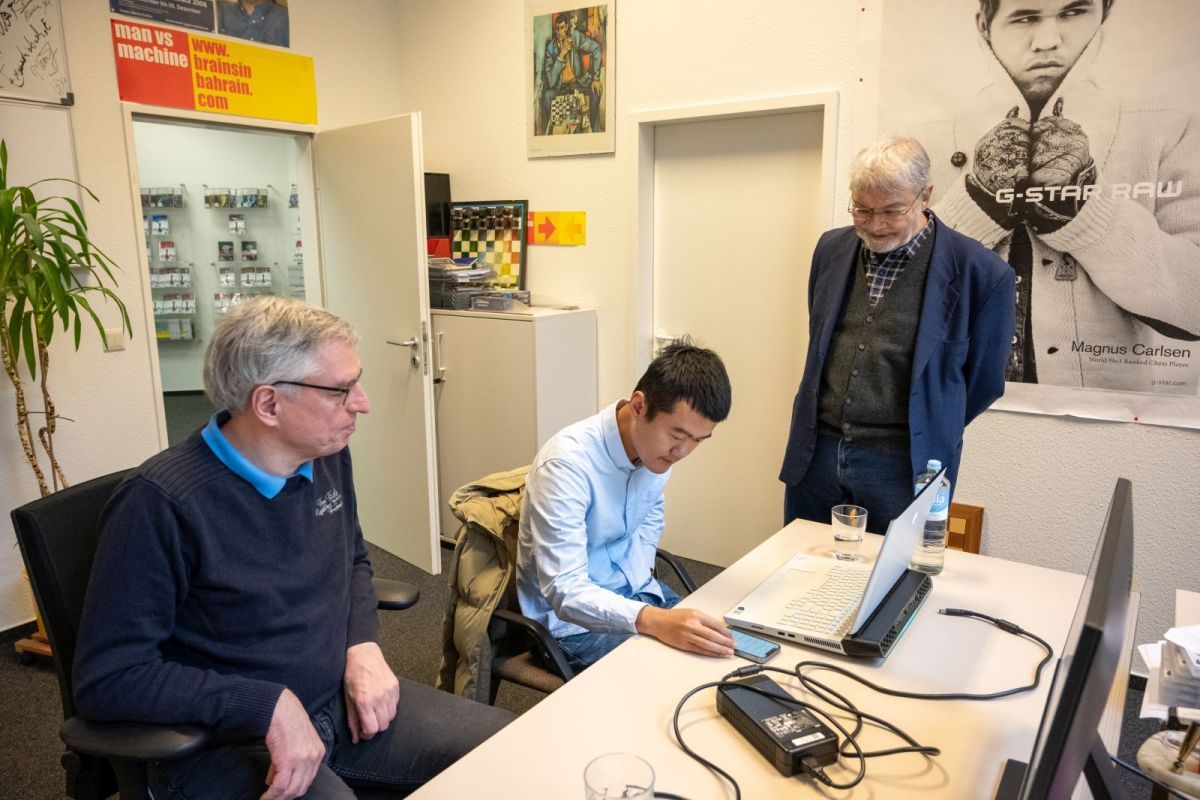
Of course it turned out that Liren has plenty to learn, much more than was possible in one session. So he has to come back for more – if he wants to compete with the hungry young chess talents who have gained ultimate expertise in the mining of data using our software.
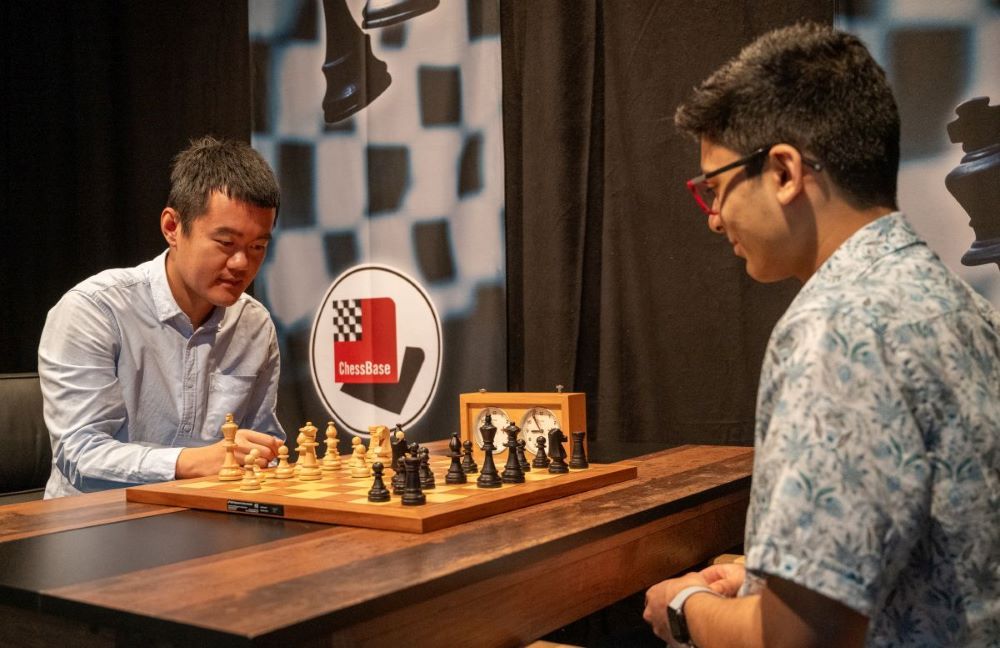
Leon had just won the Challengers Tournament in Wijk aan Zee, outright. He is currently staying in the ChessBase flat, recording material for us. Here's a very informative video on his daily activities as a chess talent:
In any case, good luck Liren, hope you soon find back to the form you showed in the World Championship match in Astana. And come back again soon.
About the Author
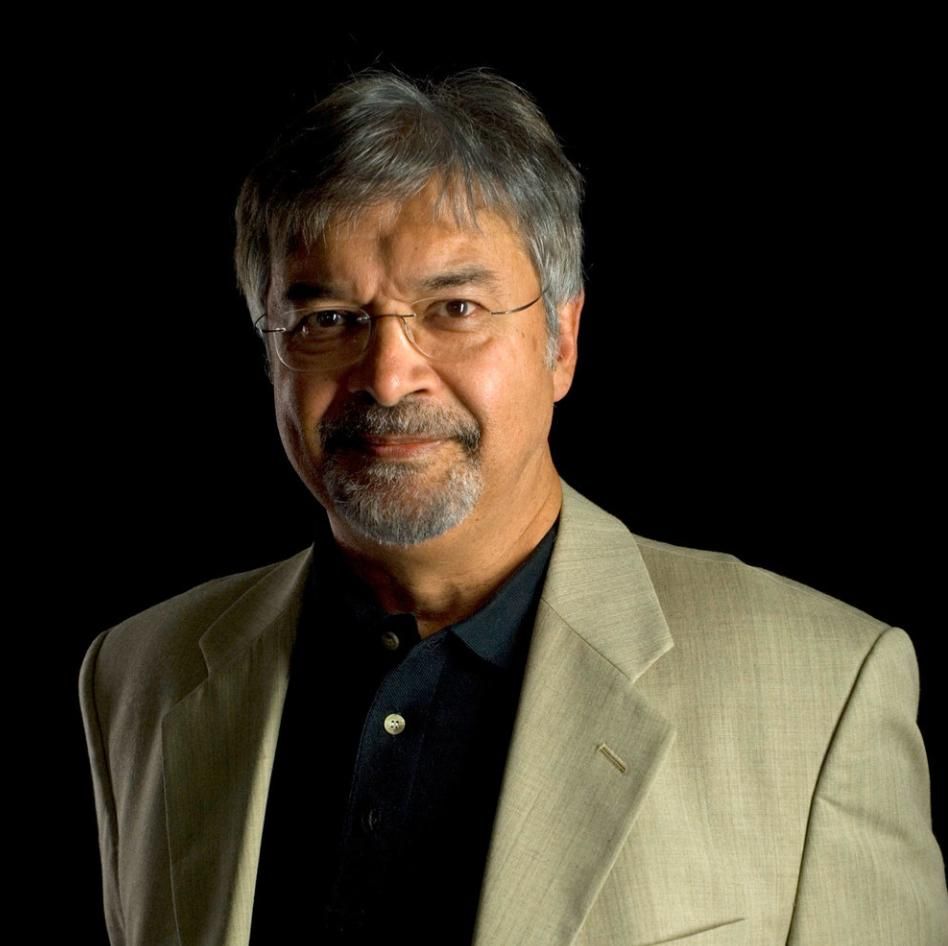
Editor-in-Chief emeritus of the ChessBase News page. Studied Philosophy and Linguistics at the University of Hamburg and Oxford, graduating with a thesis on speech act theory and moral language. He started a university career but switched to science journalism, producing documentaries for German TV. In 1986 he co-founded ChessBase.








